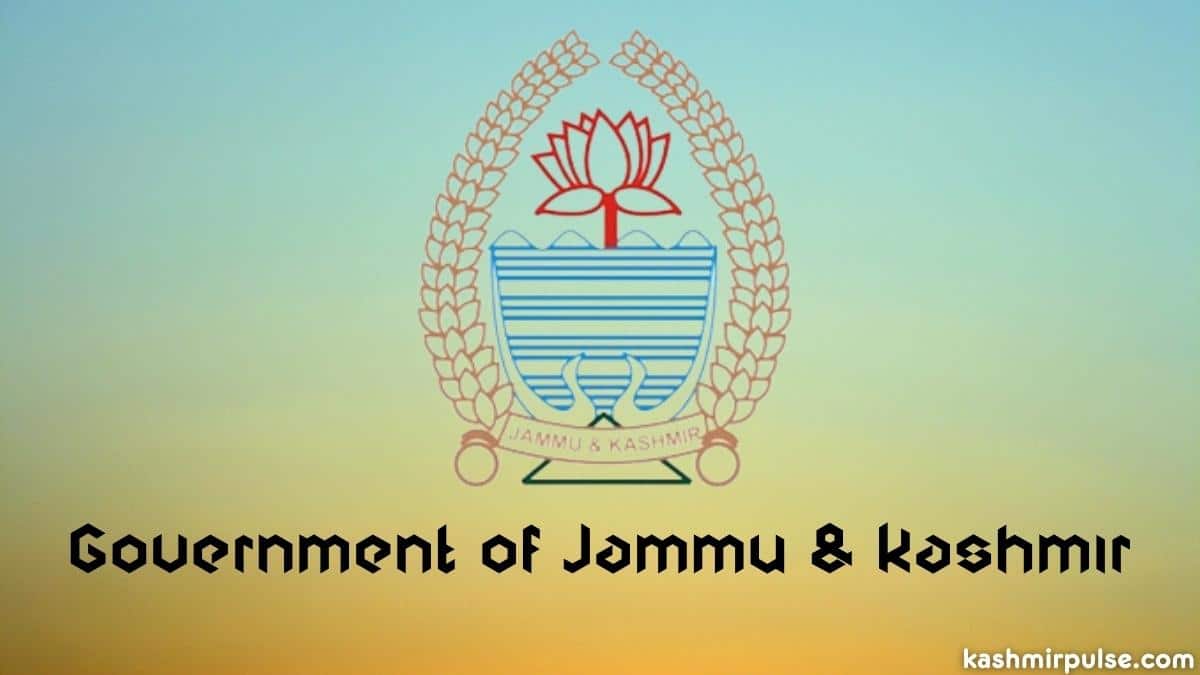Rajya Sabha approves bills granting reservation to OBCs and ST status to Paharis in J-K

SRINAGAR — In a significant development for Jammu and Kashmir, the Rajya Sabha on Friday passed two bills aimed at fostering social inclusion and political representation in the Union Territory.
The first bill, the Jammu and Kashmir Local Bodies Laws (Amendment) Bill, 2024, received approval to provide reservation to Other Backward Classes (OBCs) in Panchayats and Municipalities. Additionally, it empowers the State Election Commission to conduct Urban Local Bodies polls, a task previously held by the Chief Electoral Officer.
Introduced in the Lok Sabha by Minister of State for Home, Nityanand Rai on February 5, the bill was swiftly cleared by the Rajya Sabha via voice vote today, marking its immediate implementation.
Simultaneously, the Rajya Sabha endorsed the Constitution (Jammu and Kashmir) Scheduled Tribes Order (Amendment) Bill, 2023, which grants scheduled tribe (ST) status to Paharis and three other communities in the region. This bill, passed three days after its approval in the Lok Sabha, includes Paharis, Paddaris, Gadda Braman, and Koli communities in the Scheduled Tribes list of J&K.
The passage of these bills signifies a significant step toward inclusive governance and representation in the Union Territory. Both bills were cleared without contention.
The State Election Commission is now tasked with overseeing civic polls, ensuring fair representation for all segments of the population in local governance. This move underscores efforts to strengthen democratic processes and promote social equity in Jammu and Kashmir.
The administration has reiterated that the ST status granted to Paharis will not impact existing reservations for other tribal communities, including Gujjars and Bakarwals.
Lieutenant Governor Manoj Sinha affirmed on February 6, 2023, that the inclusion of these communities in the Scheduled Tribes list will not diminish current reservation levels. He assured that necessary notifications would be issued to ensure equitable reservation provisions for all eligible communities.
This post first appeared on The Kashmir Pulse




